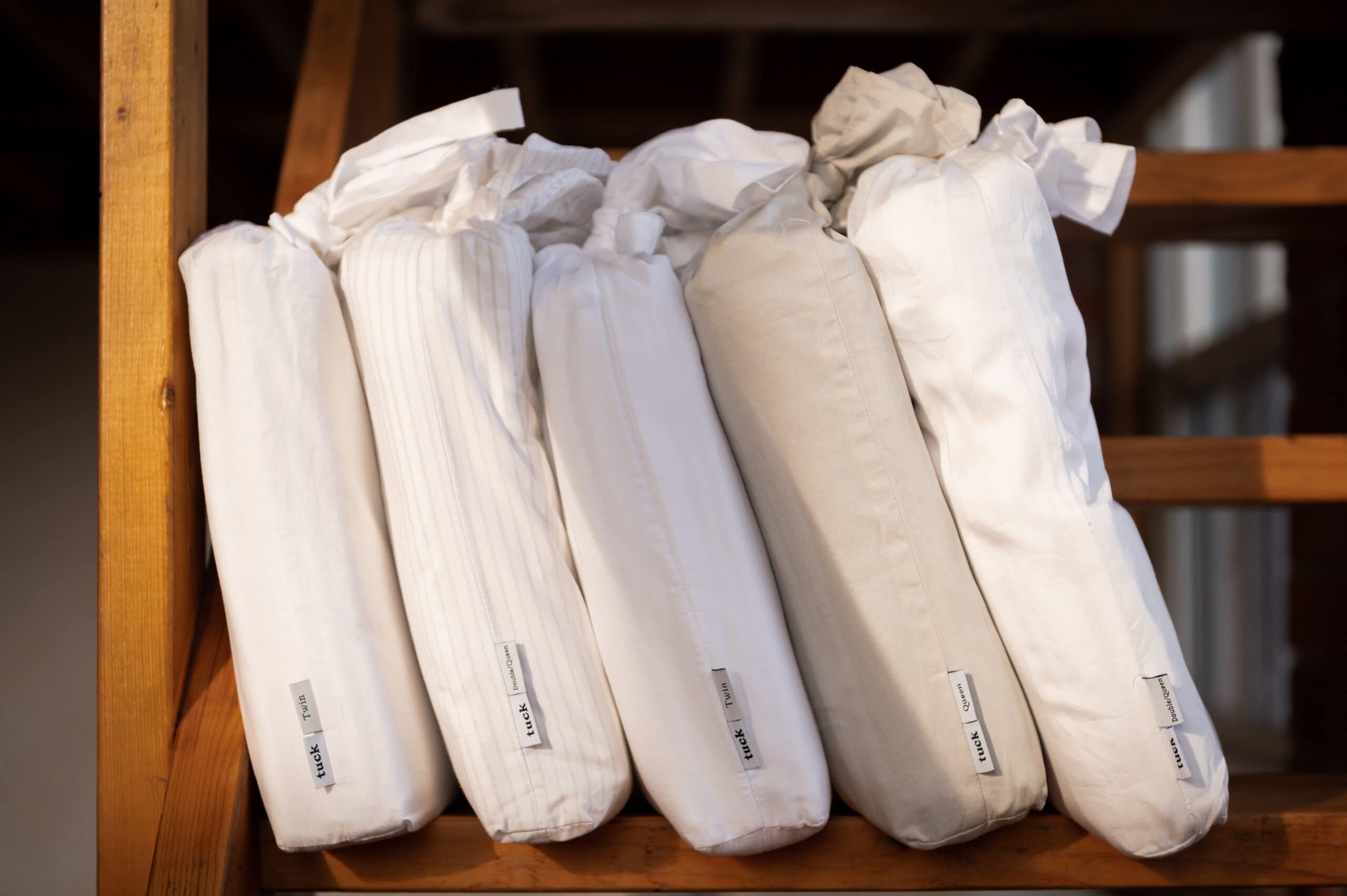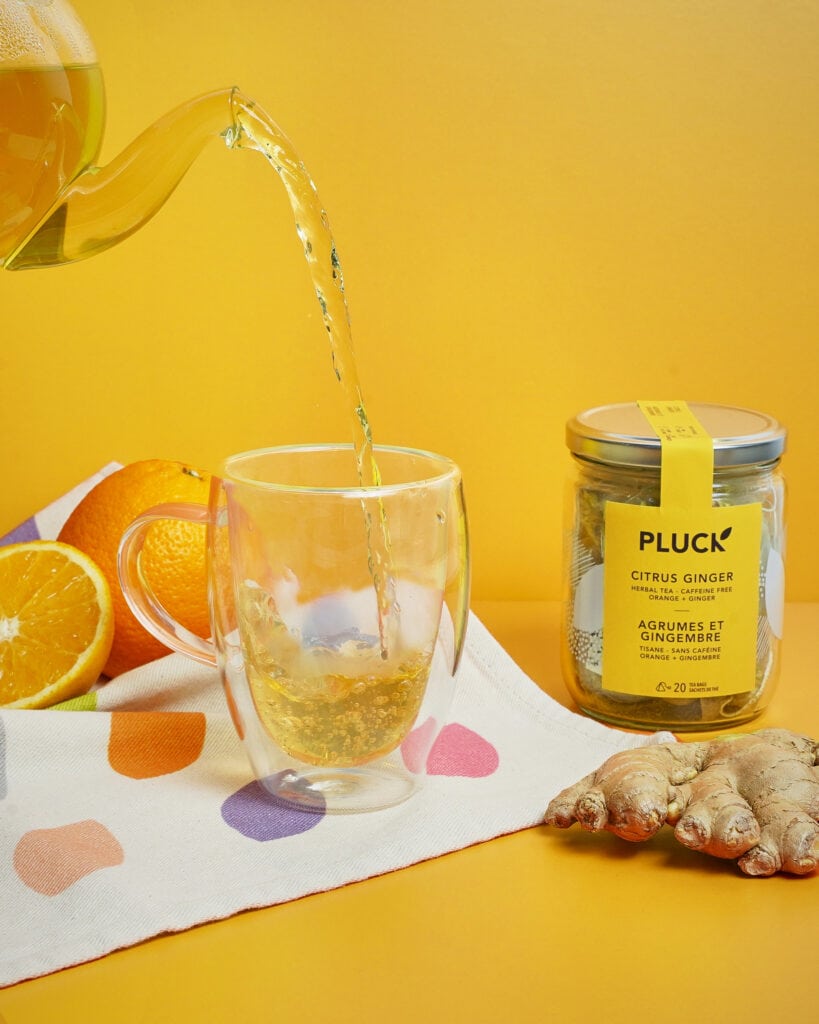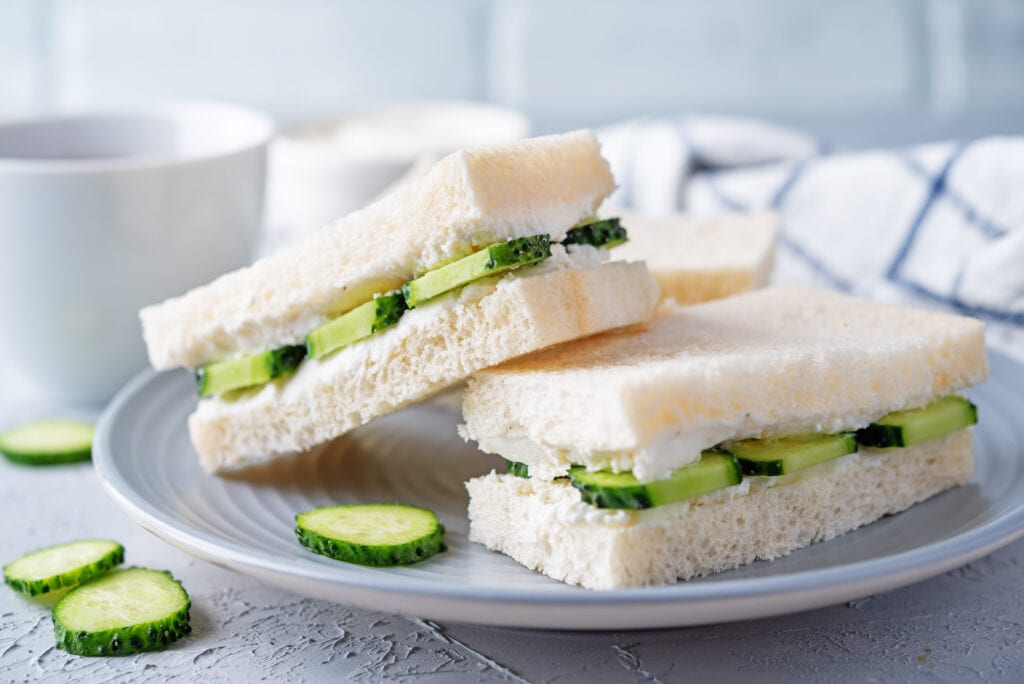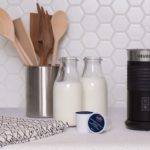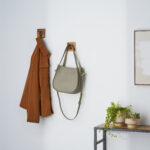Sometimes I smile at how buzzwords that, in an attempt to find new ways to say old things. get thrown around like confetti at a wedding. Consider the phrase “plant-based” home goods. While we might like to think it’s hip and forward-thinking, people have been using plants in everyday products for a long, long time. Bed and table linens, for example, have been made by countless generations from cotton and flax plants. Reach far enough back and Homo Erectus, who came before us Homo Sapiens, is thought to have fashioned beds out of twisted branches and leaves.
The bed linens shown in the feature picture are from a company called TUCK , which uses a blend of organic cotton and TENCEL Lyocell (made from sustainably-sourced natural raw wood) with botanicals like eucalyptus. The combination produces a finish that’s soft, cool to the hand, and highly breathable. I know this is true because the company sent me a set to try out. Love them, and loved the Lilac shade I opted for.
Soaps and lotions made from plants have been around for as long as we’ve been washing with it, which is about 5,000 years. From the Middle Ages onward, the best came from the French city of Marseille. New-generation Marseille soap is available at Socco Living, which also carries home decor accessories, like the attractive Sitti soap dish in oak or pine. Its slatted design preserves soap by letting it dry after each use.
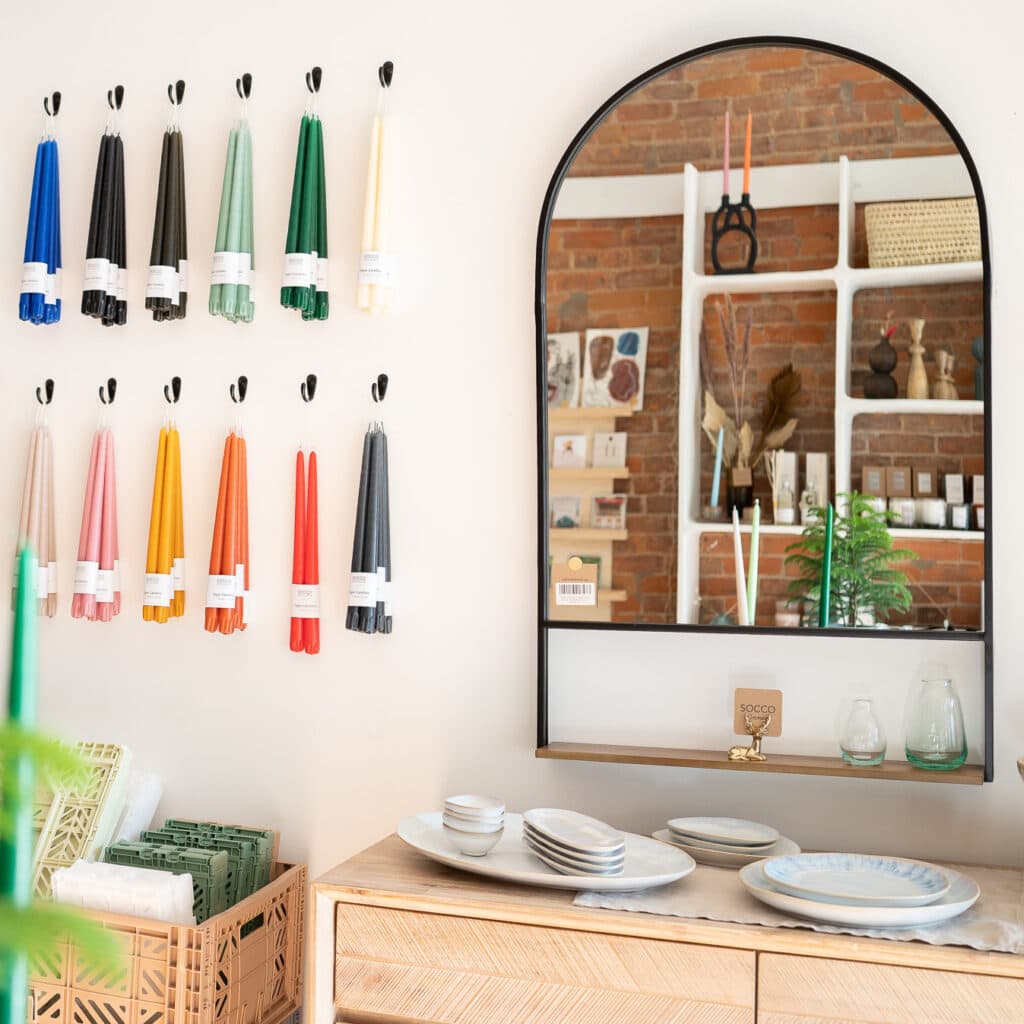
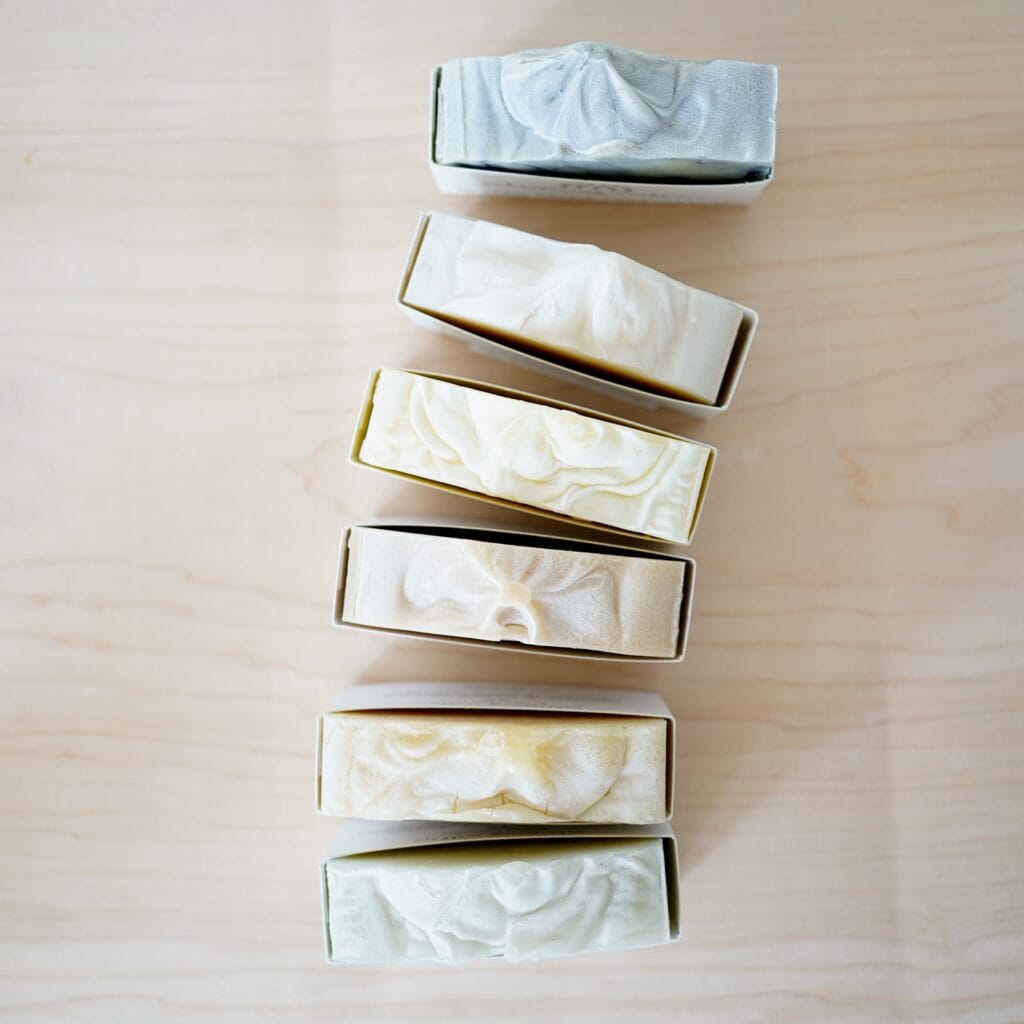
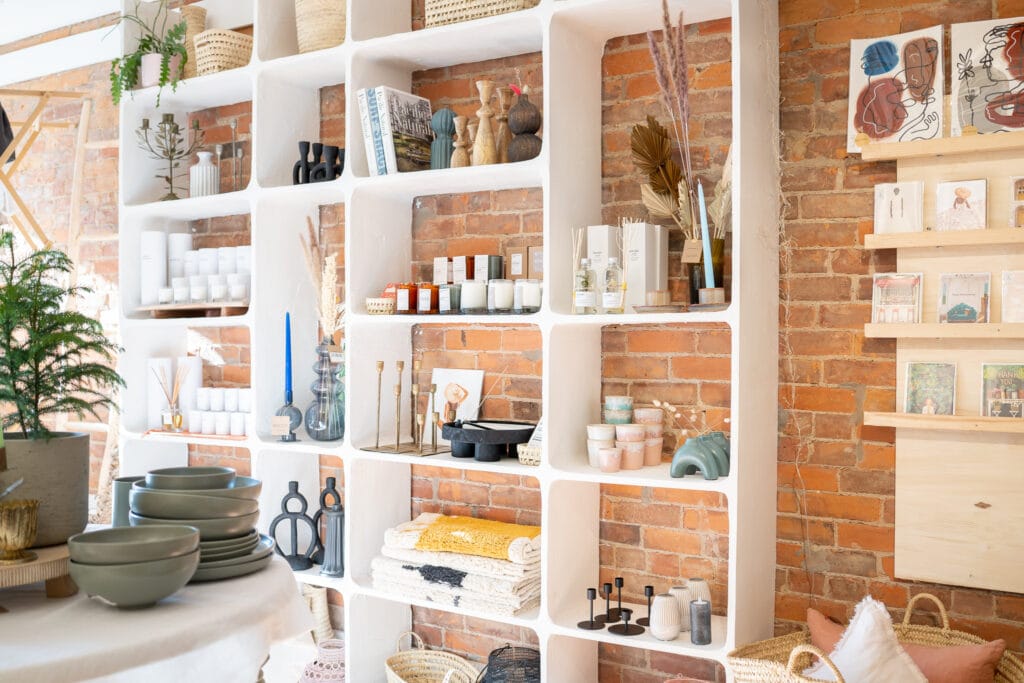
A new shoe designed specifically for use around the house is made from sugarcane by-product. Kane Footwear’s Revive shoes (below) has a foamy, comforting feel, a heel-to-toe drop that reduces strain on the Achilles, raised bumps on the sole to stimulate feet, and a spacious, comfy fit. These are all features that support orthopedic principles that helps athletes recover in comfort and style.
Having tested a pair, I’m a fan. I like that that they are highly breathable, easy to get on and off, and have both great support and traction. HOUSEHOLD TIP: These shoes are sturdy enough to wear outdoors. But I try hard to keep them as “indoor only” shoes, because that will reduce the spread of allergens, bacteria and dirt that outdoor shoes collect. Also, cute colours. right? Mine fits in perfectly with my home decor!
NOTE: Something I don’t love-life expectancy of these cuties is only a year.
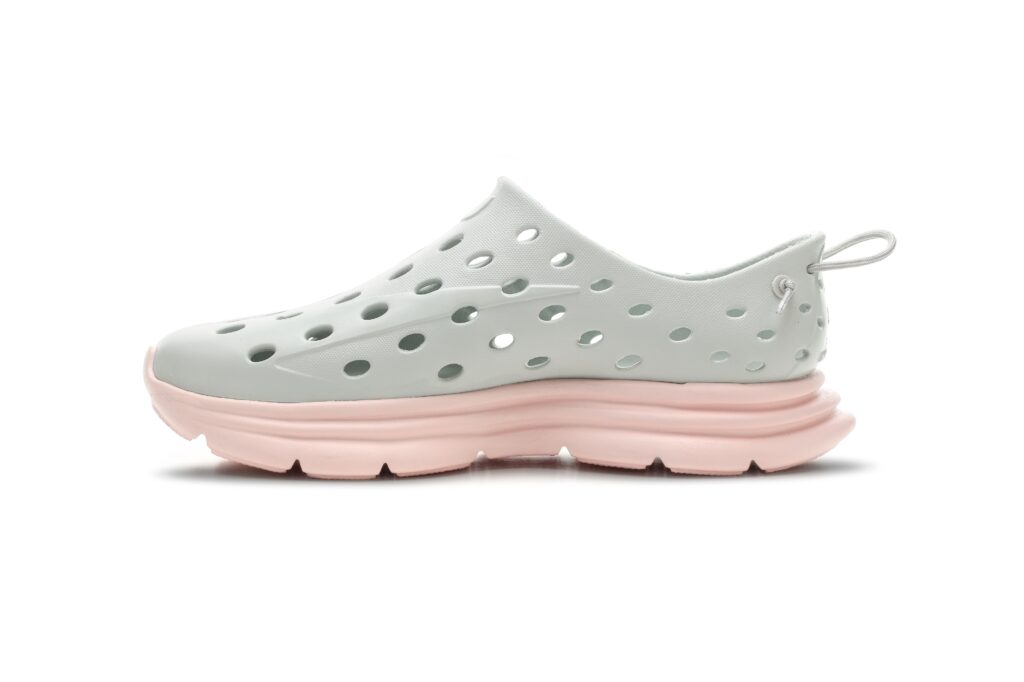
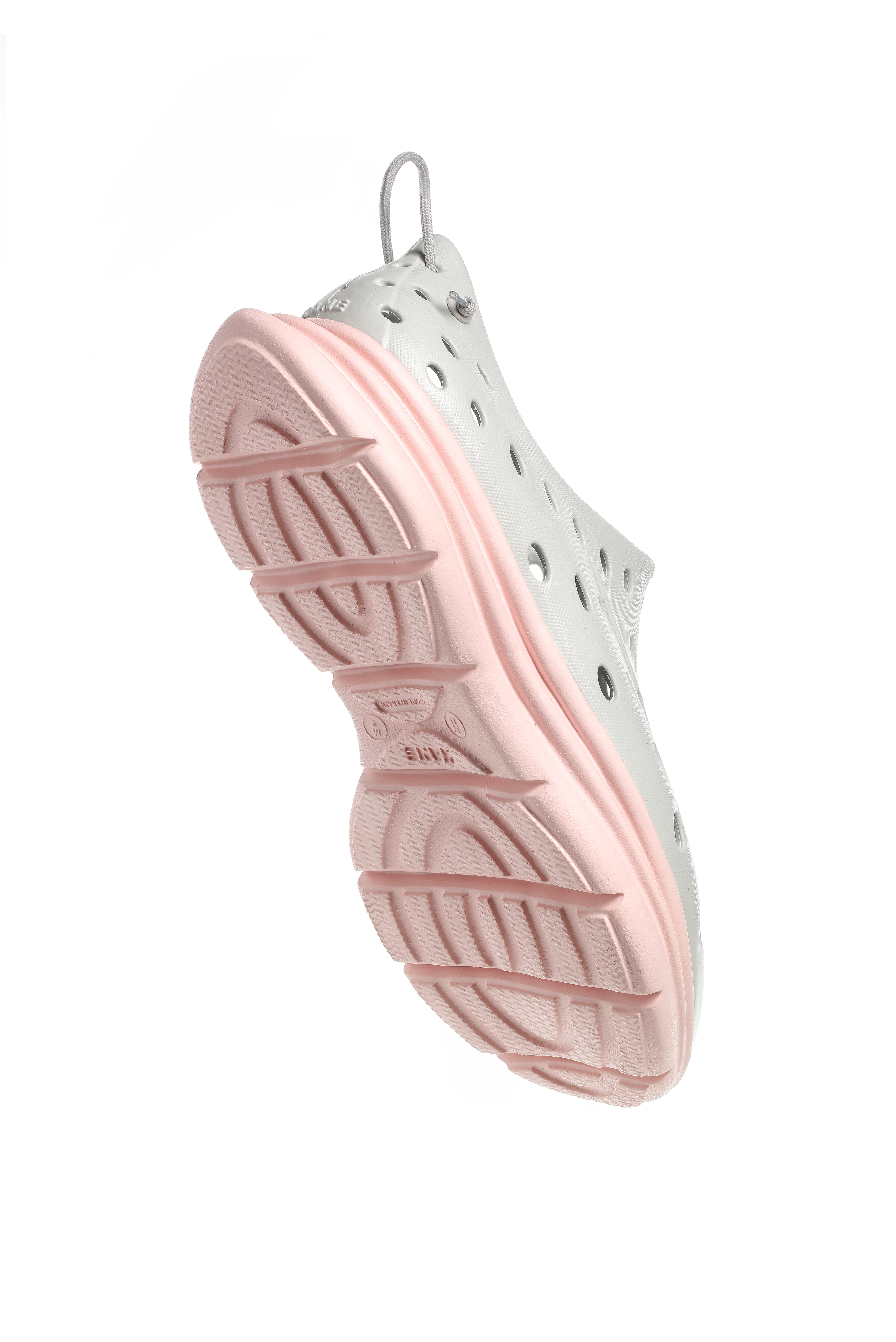
Humans have been using the tea plant forever. Pluck Teas is a female-owned, ethical trade company that makes herb teas from sustainably-sourced citrus peel, biodynamic grape skins, local lavender, recovered cacao shells, Nova Scotia strawberries, and Ontario ginseng. They are delicious, both hot or cold.
Their black tea is sourced from a growing network of Rainforest Alliance, Fair Trade, and Organic certified tea farms. Pekoe teas, which come in light, medium, and bold blends, are made in partnership with Rwanda Mountain Tea.
Prepared and packaged to remain fresh longer, they make an exceptionally fine cup of tea. Available online, at some independent retailers, and several Metro locations—including, I’m happy to report, one near me.
PS: Since first publishing this piece, I have since tried and fell in love with Pluck Teas Earl Grey Cream. SUCH a delightful treat in mid-afternoon, especially with a biscotti or plain cookie. I’ve enjoyed it so much that my next order will include Lavender Earl Grey, which I am also excited to try. Don’t know why, but I picture myself drinking it while eating dainty watercress and radish sandwiches, and poring over a book about English country gardens. Even my fantasies are plant-based these days.

